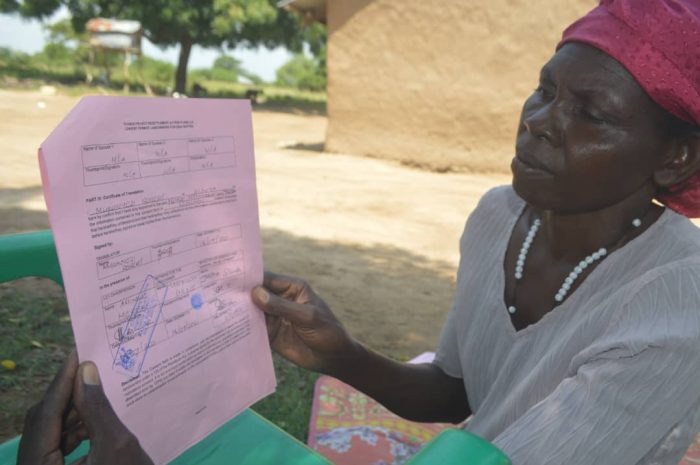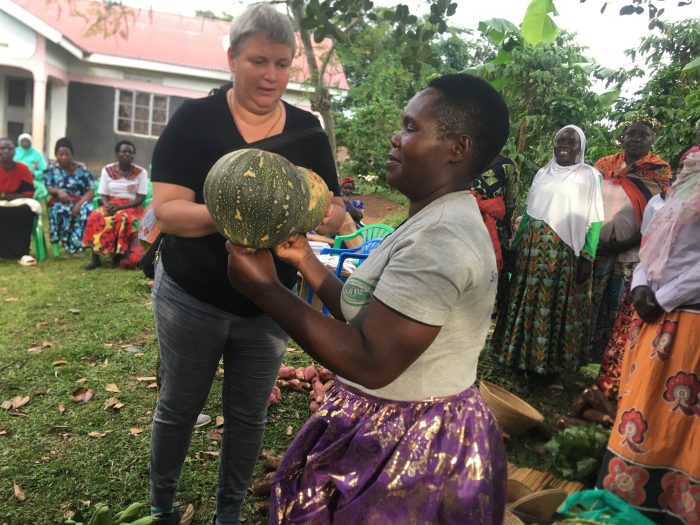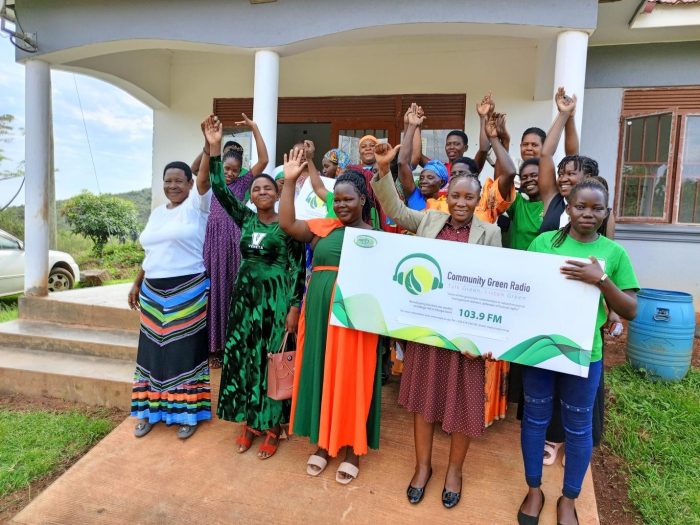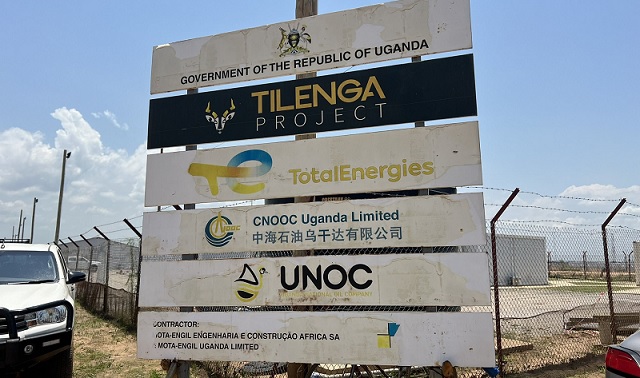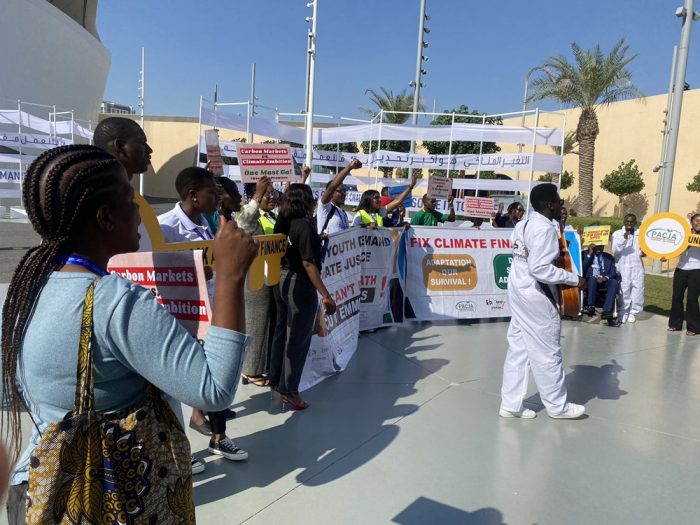
NAPE and allies have been supporting rural farmers in Bugala who lost their land to the Oil Palm plantation owned by Bidico to get justice since 2010. About 100 famers were evicted from their land to pave way for oil palm growing in Bugala, Kalangala district. Since 2014, the farmers have been battling with the company to be reinstated on their land. NAPE invited the UN Social and Environment Compliance Unit to investigate Bidico’s actions in Bugala.
The UN Social and Environment Compliance Unit have finalized the investigation and released a report implicating Bidco following a complaint filed by Bugala farmers Association.
In the report, the investigators found that the United Nations’ admission, due diligence, and screening processes for private sectors are flawed in general and were not fully complied with in the case of Bidco.
The report found:
- While UNDP’s vetting of Bidco identified several controversies, including allegations of land-grabbing, poor labor standards, deforestation and tax impropriety, “UNDP did not characterize these risks accurately – or clearly follow up in a satisfactory way.”
- UN staff provided “very brief answers” in response to social and environmental controversies flagged in the vetting process and characterized them as “moderate,” when they should have been identified as “significant” concerns requiring a “full assessment.”
- While UNDP policy underscores that the “growing of crops, including palm oil or other large monocultures” may be considered high risk, and for such sectors “an extra careful approach is required,” UN staff did not take such an approach.
- UNDP staff were erroneously “reassured about Bidco because of Bidco’s membership in the UN Global Compact.” According to a UN Global Compact representative, “The UN Global Compact is not a performance or assessment tool. It does not provide a seal of approval, nor does it make judgments on performance.”
- UN staff involved in developing relationships with private sector companies such as Bidco should not make “recommendations and decisions relating to membership” in U.N. projects, as was the case with Bidco’s application.
- Some interviewees, who are not named in the report, misled UN investigators by suggesting that the activities of Bidco Africa are not directly related to the activities of Bidco Uganda and OPUL, Bidco’s oil palm plantation. Investigators found that Bidco Africa has “at least financial links to Bidco Uganda and the Kalangala oil palm project.” According to several websites, including the OPUL website, OPUL is a subsidiary of Bidco Africa, and a recent International Fund for Agricultural Development report states that “Kalangala is the first phase of a longer-term PPP between the government and Bidco Oil Refineries Ltd. of Kenya (now known as Bidco Africa).”
The U.N. report goes on to suggest that the world body’s vetting procedures be revamped to prevent controversial companies like Bidco from joining U.N. initiatives without more stringent checks. For example, in one policy that assesses private sector partners, only three “exclusionary criteria” are listed: two relating to the manufacture of armaments and one relating to marketing of breast milk substitutes contrary to World Health Organization guidelines. “It omits the human and labor rights-related criteria from exclusionary criteria,” the report says.
The report acknowledged the farmers’ complaint that the United Nations, by accepting Bidco as a private sector partner, is providing an endorsement that could “serve to facilitate future harmful activities by Bidco in Uganda and/or impact Ugandan communities.”
The report also highlights the investigators’ interviews with farmers during their visit to Uganda, where they found that Bidco’s assertion that there is only one land grievance is disputed by at least 29 families claiming to have been “wrongly displaced.”
The investigators met with several Ugandan women who claim to have been resettled from land now used by Bidco. The women say that they were either not compensated or not informed of their options and did not feel able to negotiate or reject the offer made; they are now living in a shantytown, where growing food is not possible, and they have no means of making money to pay for their needs; and they are living without the fathers of their children because there is no way for these men to make a living in the shantytown.
To determine whether the United Nations should continue to associate with Bidco, the report recommends that UN staff “provide documentation consistent with UNDP’s full Policy on Due Diligence and Partnerships with the Private Sector, the complete Risk Assessment Tool, and Guidance, to ensure that due diligence with respect to Bidco’s membership in BCtA is adequate and outcomes of the due diligence support Bidco’s continued membership in BCtA.”
For further information related to the case, including relevant annexes and the public comments matrix with SECU’s responses, you may visit the case file on the SECU Case Registry here:
The was Story Compiled by Joan AKIIZA
NAPE Legal Officer

